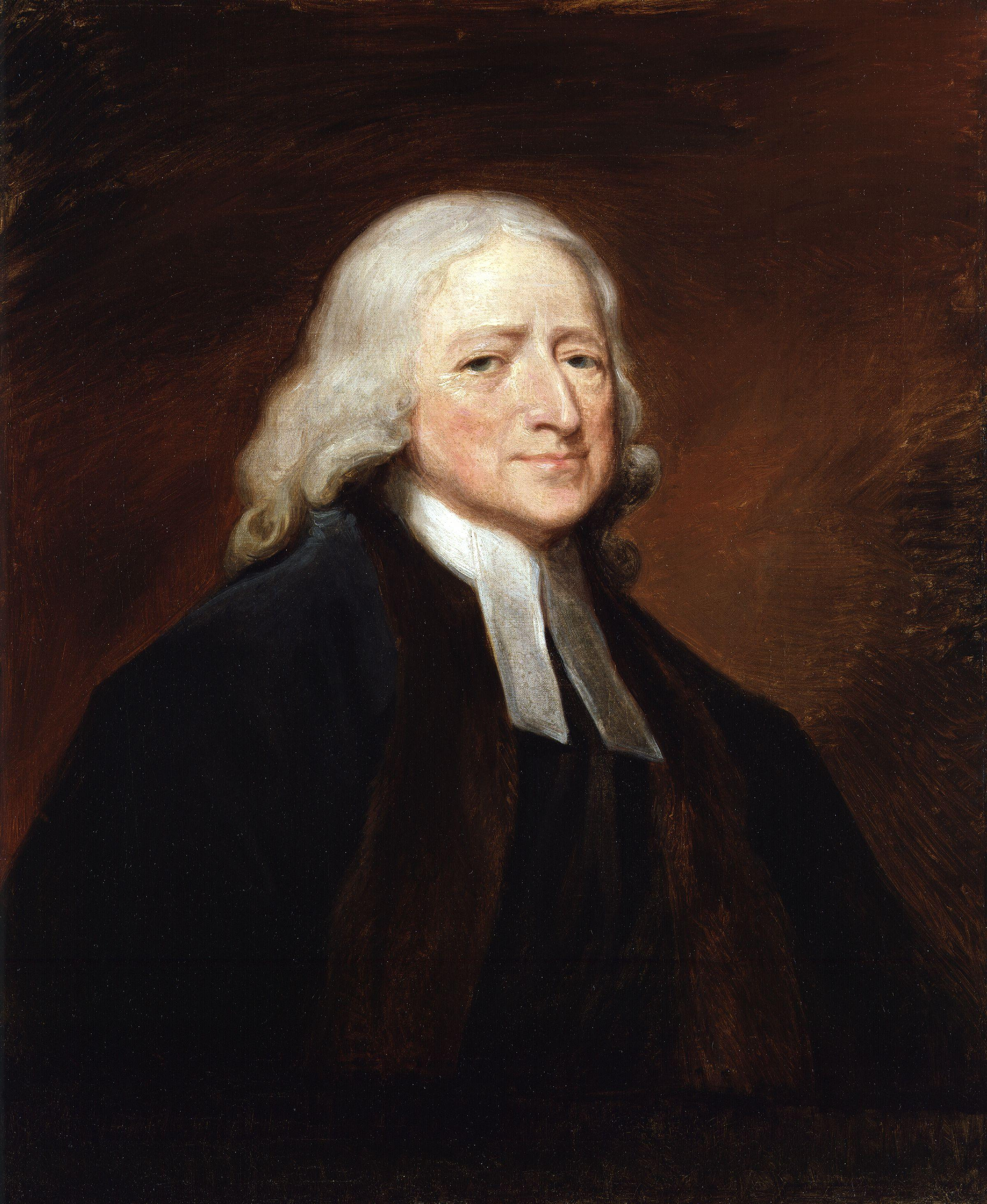
John Welsey was against sin. Yet a movement of his followers today have ranged so wildly away from his views as to reject Christian Perfection and to embrace and exalt sin. The following is an excerpt of his teaching:
As this scripture is one of the strong-holds of the patrons of sin, it may be proper to weigh it thoroughly. Let it be observed then, First, it does by no means appear that this thorn, whatsoever it was, occasioned St Paul to commit sin; much less laid him under any necessity of doing so. Therefore, from hence it can never be proved that any Christian must commit sin. Secondly, the ancient Fathers inform us, it was bodily pain: “a violent headache, saith Tertullian; (De Pudic.;) to which both Chrysostom and St. Jerome agree. St. Cyprian [De Mortalitate] expresses it, a little more generally, in those terms: “Many and grievous torments of the flesh and of the body.” [Carnis et corporis multa ac gravia tormenta.] Thirdly, to this exactly agree the Apostle’s own words, “A thorn to the flesh to smite, beat, or buffet me.” “My strength is made perfect in weakness:” — Which same word occurs no less than four times in these two verses only. But, Fourthly, whatsoever it was, it could not be either inward or outward sin. It could no more be inward stirrings, than outward expressions, of pride, anger, or lust. This is manifest, beyond all possible exception from the words that immediately follow: “Most gladly will I glory in” these “my weaknesses, that the strength of Christ may rest upon me.” [2 Cor. 12:9] What! Did he glory in pride, in anger, in lust Was it through these weaknesses, that the strength of Christ rested upon him He goes on: “Therefore I take pleasure in weaknesses; for when I am weak, then am I strong;” [2 Cor. 12:10] that is, when I am weak in body, then am I strong in spirit. But will any man dare to say, “When I am weak by pride or lust, then am I strong in spirit” I call you all to record this day, who find the strength of Christ resting upon you, can you glory in anger, or pride, or lust Can you take pleasure in these infirmities Do these weaknesses make you strong Would you not leap into hell, were it possible, to escape them Even by yourselves, then, judge, whether the Apostle could glory and take pleasure in them! Let it be, Lastly, observed, that this thorn was given to St. Paul above fourteen years before he wrote this Epistle; [2 Cor. 12:2] which itself was wrote several years before he finished his course. [see Acts 20:24; 2 Tim. 4:7] So that he had after this, a long course to run, many battles to fight, many victories to gain, and great increase to receive in all the gifts of God, and the knowledge of Jesus Christ. Therefore from any spiritual weakness (if such it had been) which he at that time felt, we could by no means infer that he was never made strong; that Paul the aged, the father in Christ, still laboured under the same weaknesses; that he was in no higher state till the day of his death. From all which it appears that this instance of St. Paul is quite foreign to the question, and does in no wise clash with the assertion of St John, “He that is born of God sinneth not.” [1 John 5:18]

